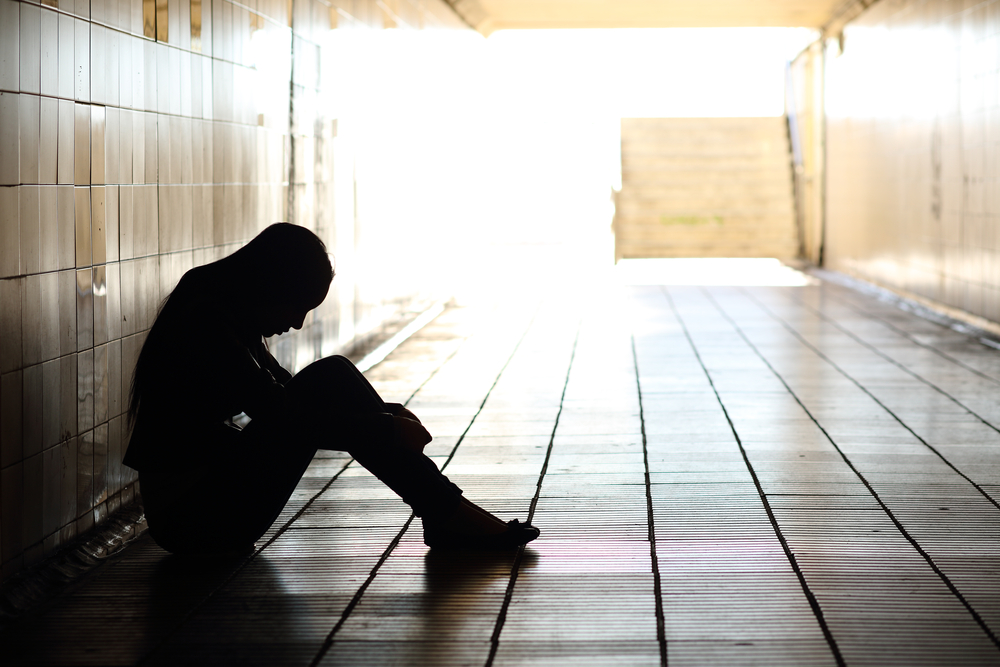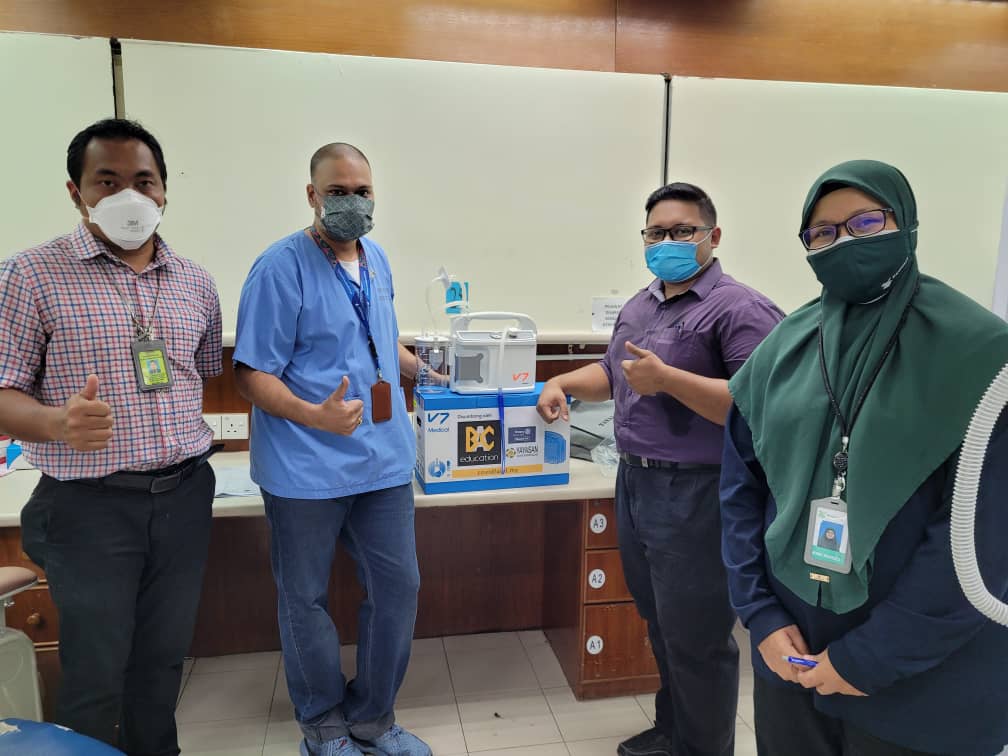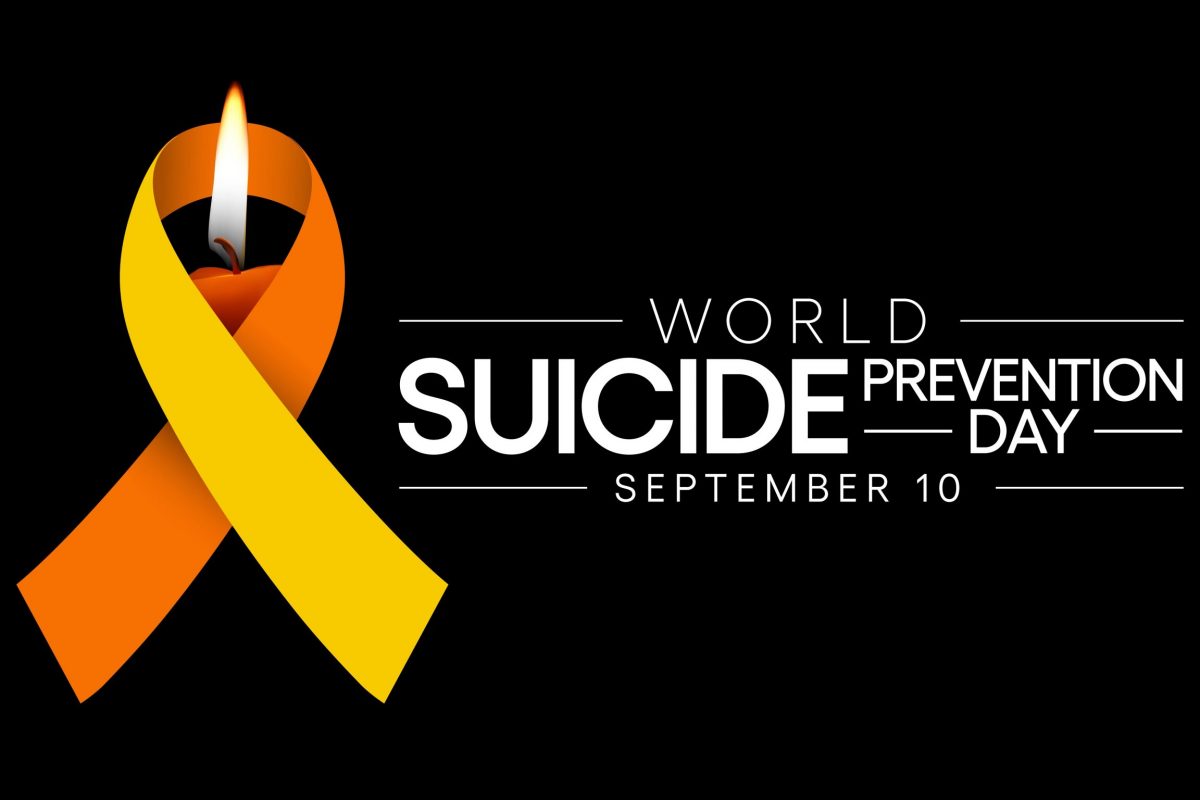 Teenage life is one that is meant to be full of energy and fun. A teen harbours hopes, aspirations, and most definitely expectations. However, when things do not go or turn out the way they want it to or imagined it to be, frustrations set in. Sometimes, when this happens, without control over mind and feelings, it can cause emotional, functional, and physical problems – leading to teen depression.
What causes teen depression?
Teen depression can be easily triggered by childhood trauma, peer pressure, academic expectations, and even physical body changes. This is exactly why relationship between parents and children, and the availability and presence of parents/guardians in the lives of children are important. Openness, understanding and emotional connection also plays a role in developing healthy mindsets and relationships.
Symptoms to look out for
If you notice sudden behavioural or emotional changes in your growing teen, other than the usual ‘growing up woes’ of a normal teenager, pay close attention and be sure to monitor these changes. If you feel something amiss, try the ‘talk approach’ first, and if that does not bear any results, reach out for help.
Here are just some of the many signs to look out for:
Emotional Changes
Teenage life is one that is meant to be full of energy and fun. A teen harbours hopes, aspirations, and most definitely expectations. However, when things do not go or turn out the way they want it to or imagined it to be, frustrations set in. Sometimes, when this happens, without control over mind and feelings, it can cause emotional, functional, and physical problems – leading to teen depression.
What causes teen depression?
Teen depression can be easily triggered by childhood trauma, peer pressure, academic expectations, and even physical body changes. This is exactly why relationship between parents and children, and the availability and presence of parents/guardians in the lives of children are important. Openness, understanding and emotional connection also plays a role in developing healthy mindsets and relationships.
Symptoms to look out for
If you notice sudden behavioural or emotional changes in your growing teen, other than the usual ‘growing up woes’ of a normal teenager, pay close attention and be sure to monitor these changes. If you feel something amiss, try the ‘talk approach’ first, and if that does not bear any results, reach out for help.
Here are just some of the many signs to look out for:
Emotional Changes
- Feelings of sadness, crying spells for no apparent reason
- Unnecessary anger or frustration
- Feeling hopeless or empty
- Always irritable and moody
- Loss of interest (from passion, activities usually enjoyed)
- Low self-esteem
- Exaggerated self-blame and self-criticism
- Loss of focus and concentration
- Frequent thoughts of death, dying or suicide
- Loss of energy, always tired
- Insomnia or sleeping too much
- Change in appetite
- Substance abuse
- Frequent complaints of unexplained aches, leading to frequent visits to medical practitioner
- Social isolation
- Poor school performance / frequent absenteeism
- Self-harm
- Suicide plan and attempt





